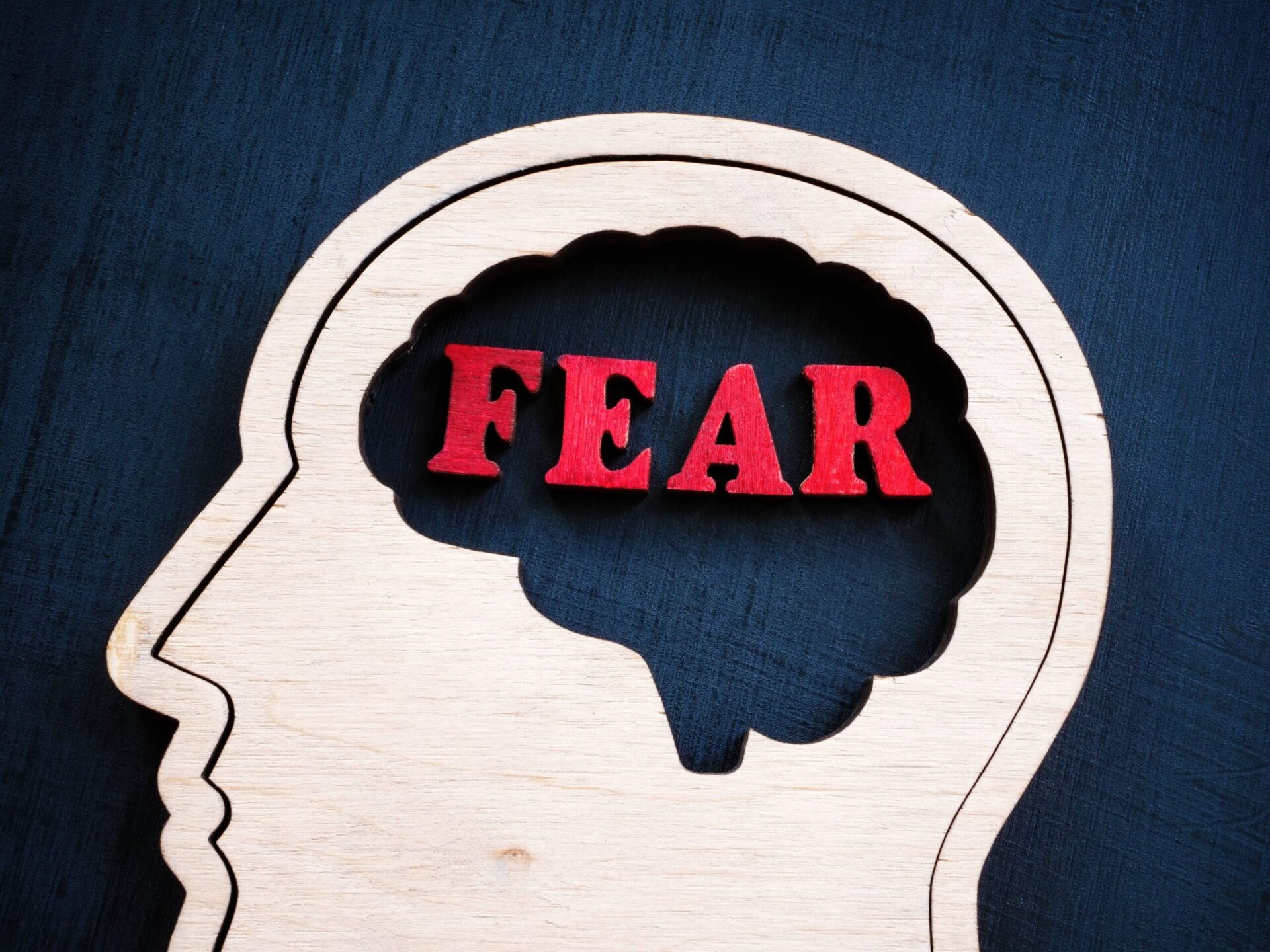Phobias are distressing, persistent emotions initiated by out-of-proportion fears. They are extremely common and can affect anyone regardless of age, sex and social background. In fact, statistics estimate that over 10 million people suffer from phobias in the UK alone.
Unsurprisingly, phobias can have a considerable influence over the choices people make, and certain ones lead to some making vast lifestyle changes.
Interested in finding out more about the most common phobias? Read on as we explore the top six phobias, the symptoms associated with them and potential reasons they can occur.
What is a phobia?
Firstly, it’s a good idea to define what a phobia actually is and what separates it from fear. Fear is a natural everyday reaction that every single person comes across from time to time. In contrast, a phobia is much more extreme and often develops when an individual has an irrational perception of danger.
Symptoms of a phobia range from sweating, nausea, increased heart rate and shortness of breath, but this varies hugely due to the type of phobia and if a person comes into contact with the source of what they are afraid of. In some cases, however, even thinking about the cause of a phobia can make a person feel anxious or panicky.
Most phobias are curable, but no single treatment is guaranteed to work for all phobias. A combination of medication, self-help techniques and therapy may be needed for an individual to rid them themselves in a severe case.
1. Arachnophobia
Arachnophobia is an extreme fear of spiders and other arachnids. This means that for sufferers, the simple sight of a spider can trigger a fear response, and in more severe cases, just the image or thought of a spider can lead to irrational fear and panic.
Unsurprisingly, summer can be a stressful time of year, as people with this phobia may not feel comfortable sitting in the garden or taking a walk in the outdoors.
Despite an estimated 35,000 different spider species, only around a dozen pose any type of real threat to humans, so for most people, it’s quite illogical to be afraid of spiders. Experts suggest that the phobia manifests itself from a person’s cultural background, upbringing or childhood trauma.
2. Claustrophobia
Those who have claustrophobia will have a fear of being suck in tight, crowded spaces that they are unable to escape from. Those with this phobia may avoid cramped areas such as elevators, tunnels or public restrooms, and in particularly bad cases, may consider busy crowds or congested motorways to be a complete no-go zone.
Experts have suggested that claustrophobia comes through fear of an invasion of personal space with those who have the phobia creating an imaginary circle around themselves that they do not like to have penetrated.
People are more likely to develop claustrophobia if they grew up with a family member with claustrophobia, or if they were subject to a traumatic experience involving a tight space at a young age.
3. Acrophobia
An extreme fear of heights is known as acrophobia. It is something that is shared by close to 5% of the world’s population. People living with this phobia are greatly hindered in participating in activities involving any sort of height, including accessing tall buildings, crossing bridges, or even travelling up an escalator.
In some instances, acrophobia may be a result of past traumatic experiences. However, current research suggests that this fear may stem from an adaptation to environments where heights pose a significant danger.
This phobia is an unusual case in that having a panic attack while high off the ground could actually lead to a person putting themselves at risk and placing themselves in an extremely unsafe situation.
4. Agoraphobia
Agoraphobia involves a fear of being alone or unsafe in a situation or place where escape may be difficult.
Trigger events for people with this phobia can be anything from open crowds, public transport, or simply being outside the confines of their own home. Those with this phobia often struggle with panic attacks when in unfamiliar surroundings.
Some agoraphobics find travelling easier if they are able to take someone they trust with them. However, this can inevitably lead to a lot of dependency on their carer.
Traumatic events, such as bereavement, depression or breakdown of a marriage, may lead to agoraphobia, but certain genes can also play a part in the development of the phobia.
5. Aerophobia
Aerophobia, or the fear of flying, involves an extreme sense of anxiety or panic at the thought of air travel.
Anxiety when flying isn’t uncommon with crowded spaces, turbulence, and sensations of taking off and landing all adding to a potentially unpleasant experience for many people. However, those who suffer aerophobia often avoid flying altogether due to the immense sense of panic and fear they feel at the thought of doing so.
There is no specific cause of aerophobia, as the fear usually originates from a combination of factors including genetics or a severe accident related to aeroplanes or helicopters.
Also, increased media exposure to plane crashes inevitably spreads the fear of flying despite rational thought indicating that these accidents are an incredibly rare occurrence.
6. Trypanophobia
Nobody is practically fond of having injections, but most see it as a necessary part of life. However, there are plenty of people who have an adverse mental reaction to receiving injections or even thinking about needles.
This is phobia often goes untreated as people are more able to avoid the triggering scenarios much easier than with other phobias. But when people with this phobia have to face the fear and go along for injections, they may experience extreme dread and see their heart rate increase in the period leading up to the injection.
Some people have also been known to faint during the injection due to the sensation of the needle in the skin. Due to the fact is can be so distressing, people with this phobia can avoid doctors, dentists, and other medical professionals sometimes at the detriment of their physical health.
Overcoming phobias
The road to being free of your phobias can seem incredibly long and difficult. However, with the right support, it’s possible to face your issues head-on and work on finding coping mechanisms or even completely overcoming the issue.
Here at Pinnacle Therapy, we make use of various psychotherapy methods, such as exposure therapy, to work with individuals and help them overcome their fears. For more information, call us on 020 7060 4375









